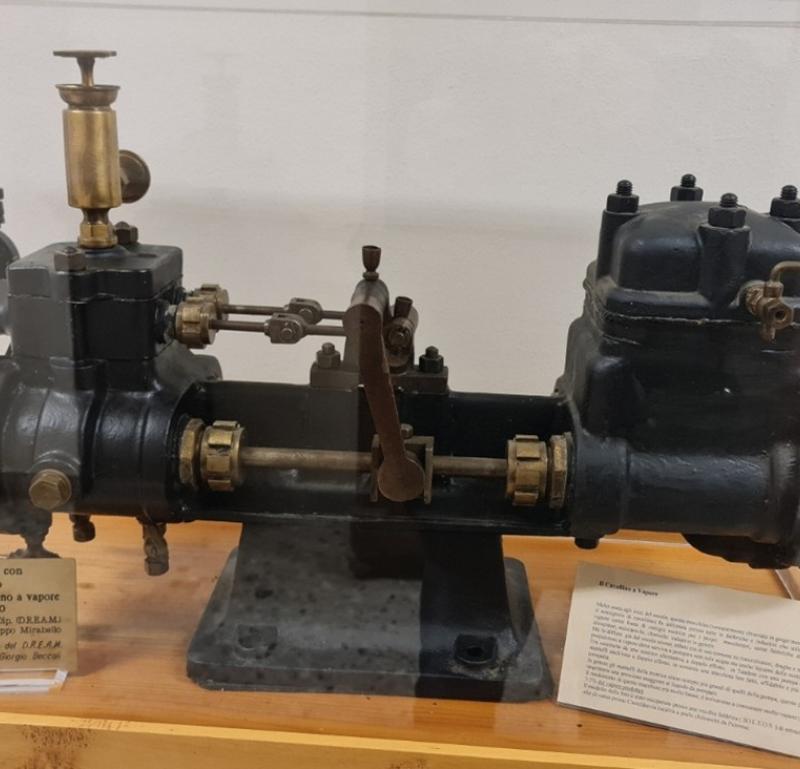Collections of Engineering

Introduction
The Department of Engineering of the University of Palermo preserves a rich heritage of scientific instruments, teaching models and technical equipment, concrete evidence of its history in teaching and research as well as the evolution of engineering from the end of the 19th century to the present day. This collection, made up of assets now outdated from a technological point of view but of great historical and documentary value, represents a fundamental cultural resource that tells the story of over a century and a half of experimentation, training and progress and that must be passed on to the new generations who undertake engineering studies. Excluding the engines, the subject of a separate museum, the materials preserved offer a broad and coherent vision of the development of engineering in the many cultural fields that intrinsically distinguish it: civil with the fields of Building, Geomatics, Hydraulics in its various declinations, Science and Technology of construction, Geotechnics and Road Infrastructures and industrial with the fields of Nuclear Engineering, Chemical, Computer Science, Mechanical, Aerospace, Electrical, Electronic and Technical Physics.
History
The collection has its roots in 1866, the year of the foundation of the Royal School of Application for Engineers and Architects, an embryo that through the various changes that characterized the 20th century led to the reality of the current Department. From the beginning, tools for teaching and research were acquired that also allowed the creation of laboratories that have played and play a fundamental role in the education of young people and in interaction with the territory: mechanical testing equipment, topographic instruments, hydraulic machines, devices for the study of thermodynamics, mechanics and electricity. This heritage reflects the methodological changes in engineering education and testifies to the University's commitment to combining innovation, teaching and historical memory.
The collections
The collections can be visited upon reservation only
No ticket










